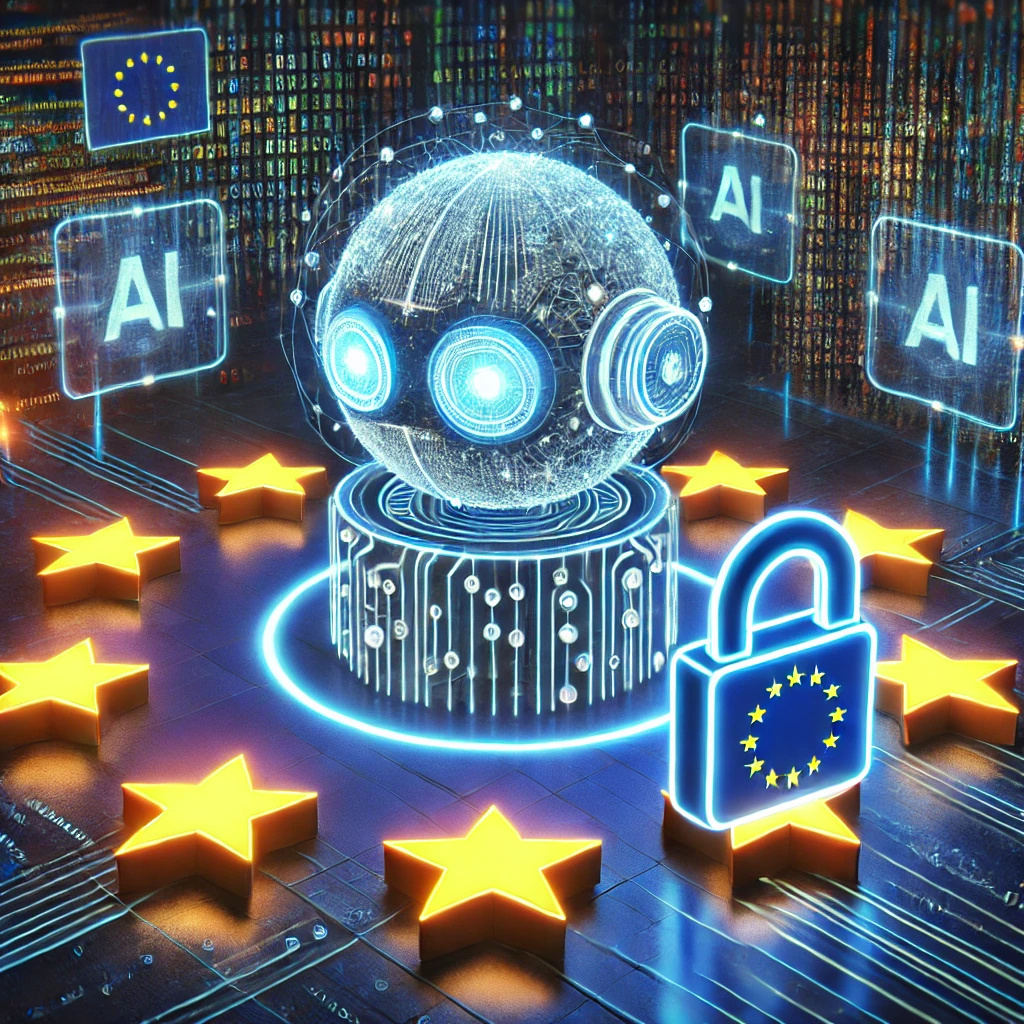A brief overview on E-Commerce
🛒 E-Commerce: A Brief Overview
🔍 What is E-Commerce?
E-Commerce (Electronic Commerce) refers to the buying and selling of goods and services over the internet. It also includes online transactions, digital payments, and data exchanges involved in commercial activities.
📦 Types of E-Commerce
B2C (Business to Consumer):
Example: Amazon, Flipkart
Businesses sell directly to end consumers.
B2B (Business to Business):
Example: Alibaba, IndiaMART
Transactions between businesses.
C2C (Consumer to Consumer):
Example: OLX, eBay
Consumers sell to other consumers via platforms.
C2B (Consumer to Business):
Example: Freelancer platforms
Individuals offer products/services to businesses.
D2C (Direct to Consumer):
Example: Boat, Mamaearth
Brands sell directly to customers without intermediaries.
💻 Key Features of E-Commerce
24/7 accessibility
Global reach
Digital payments
Product search & comparison
Personalized shopping experience
Online marketing and analytics
⚖️ Legal & Regulatory Framework in India
Information Technology Act, 2000 – Governs digital contracts, data protection, and cybercrimes.
Consumer Protection (E-Commerce) Rules, 2020 – Regulates unfair trade practices, disclosures, grievance redressal.
Data Protection Bill (upcoming) – Will impact how consumer data is handled.
FEMA & FDI Guidelines – Regulate foreign investment in e-commerce.
📈 Benefits of E-Commerce
Convenience for customers
Wider market reach for businesses
Lower operational costs
Real-time data insights
Contactless transactions (especially post-COVID)
⚠️ Challenges
Data privacy and cyber threats
Counterfeit products
Logistics and last-mile delivery issues
Regulatory compliance
Consumer trust and returns management
🔮 Future Trends
AI-powered recommendations
Voice commerce
Augmented Reality (AR) shopping
Drone delivery
Crypto and blockchain in transactions
✅ Conclusion
E-Commerce has revolutionized the way business is done, offering speed, convenience, and global reach. In India, it’s a rapidly growing sector supported by digital infrastructure and government initiatives like Digital India. However, it also requires robust regulation to ensure fairness, data protection, and consumer rights.
Do write to us if you need any further assistance.












comments